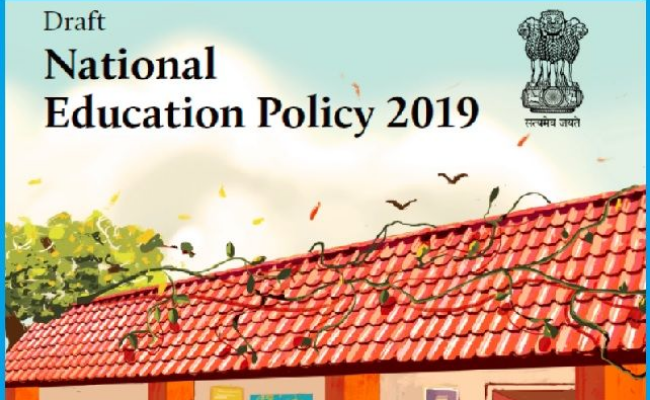
It is a well-known fact that the committee for the National Education Policy has submitted the draft policy in the month of May 2019. Currently, the Draft National Education Policy, 2019 is out in the public domain.
Every interested citizen has access to the draft policy and there is an on-going debate on the positive vs the negative aspects of the bill and if it is powerful enough to provide India with the right educational structure in the coming years, whether it is feasible to implement, etc.
In this context, the Draft National Policy, 2019 has been originally published in English and in only 12 of the 22 languages that are included in Schedule VIII of the constitution.
In view of this the National Independent School Alliance, NISA which is a national awareness program for budget private schools has opined that publishing the draft policy in all the 22 languages of Schedule VIII will be more advantageous as it would be understood by a larger audience which can then facilitate the participation of every community of India, big and small, in the debate over the various aspects of the bill.
As a first step to convincing the centre to publish the draft in all the vernacular languages included in Schedule VIII, NISA has filed a writ petition in the Punjab and Haryana High Court to direct the centre regarding the above.
After reviewing the petition, a bench of Justice Girish Agnihotri disposed of the petition saying that the central government has already taken the decision to publish the draft policy in all the 22 vernacular languages.
Additionally, the High Court also added directions to the central government to complete the translations and publish the draft policy in the remaining 10 languages within the next six months. Finally, the High Court advised the petitioner to make any representation they feel is appropriate to the concerned authority.
The Summary of the final verdict
Thus, the final verdict is that the writ petition has been disposed of as the central government has already decided to publish the draft policy in the remaining 10 languages. The draft policy is now available in the public domain in English, Assamese, Bengali, Gujarati, Hindi, Kannada, Malayalam, Oriya, Sanskrit, Sindhi, Tamil, Telugu and Urdu.
The Central Government has been advised by the Punjab and Haryana High Court to translate and publish it in the remaining 10 languages namely Kashmiri, Punjabi, Manipuri, Marathi, Nepali, Bodo, Santhali, Maithili and Dogri, within the next six months at the latest.
Finally, the High Court also provided NISA with the liberty to make any representations to the concerned authorities regarding the bill once it has been published in the remaining vernacular languages.
